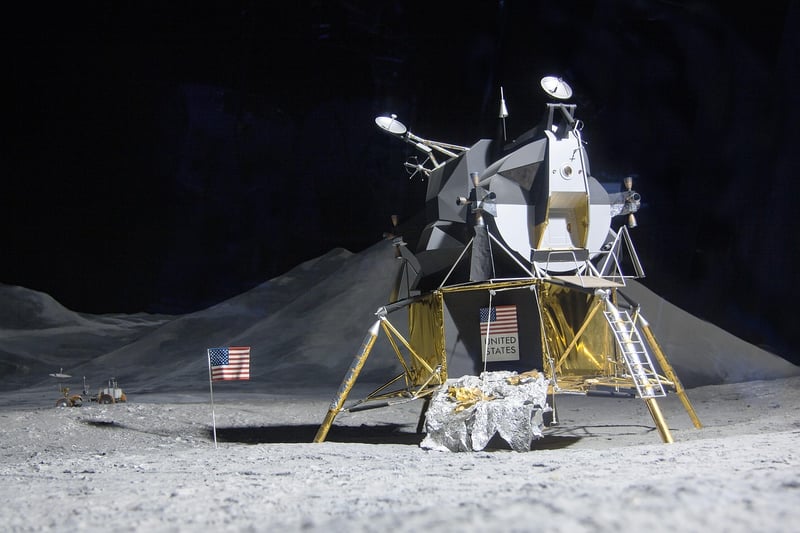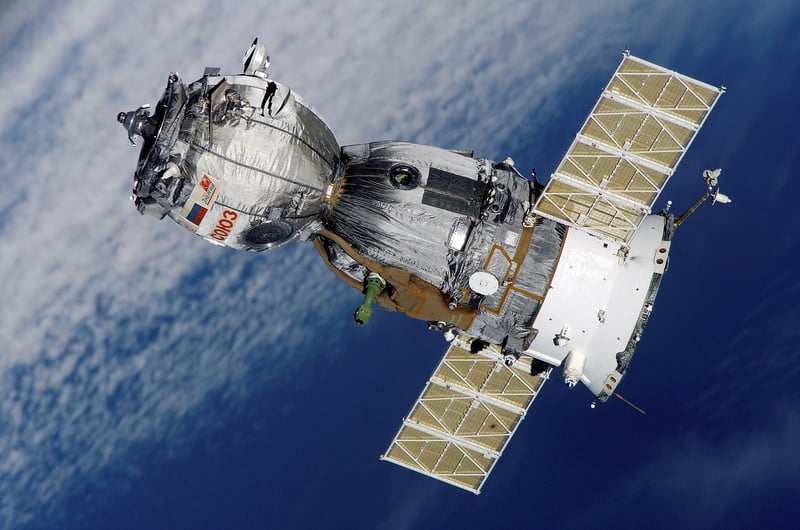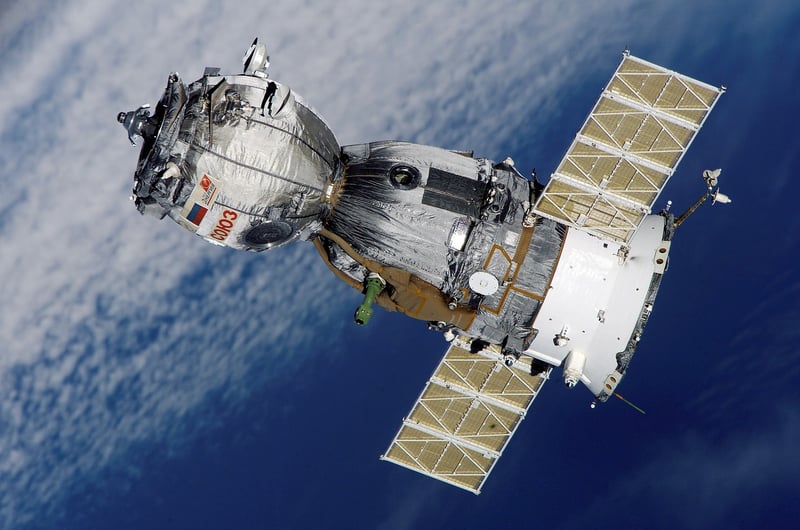Space Age
The Evolution of Space Exploration: A Journey Through Epochs
Space exploration has always been a fascinating subject, capturing the imagination of people across the globe. From ancient civilizations gazing at the stars to modern-day missions exploring Mars and beyond, the journey through epochs in space exploration has been nothing short of remarkable.
Ancient Civilizations: The Dawn of Space Observation
Ancient civilizations such as the Babylonians, Egyptians, and Greeks were among the first to observe and document celestial movements. Their astronomical discoveries laid the foundation for future exploration and understanding of the universe.

The Space Race: A Giant Leap for Mankind
The mid-20th century marked a significant milestone in space exploration with the Space Race between the United States and the Soviet Union. Iconic events such as the launch of Sputnik 1 and the Apollo 11 moon landing showcased humanity's ability to reach new frontiers.

The Space Age: Expanding Horizons
Today, we are in the midst of the Space Age, where advancements in technology have enabled us to explore the outer reaches of our solar system and beyond. Missions to Mars, the Voyager probes, and the International Space Station exemplify our continued quest for knowledge and discovery.

Future Frontiers: Beyond Earth's Orbit
As we look to the future, the possibilities for space exploration seem limitless. Concepts such as manned missions to Mars, asteroid mining, and space tourism are on the horizon, promising a new era of exploration and innovation.
Join the Journey
Whether you are a space enthusiast or simply curious about the mysteries of the universe, the evolution of space exploration offers a captivating journey through time and technology. Strap in and prepare for liftoff as we continue to push the boundaries of what is possible in the great beyond.
Explore more about space exploration here.
